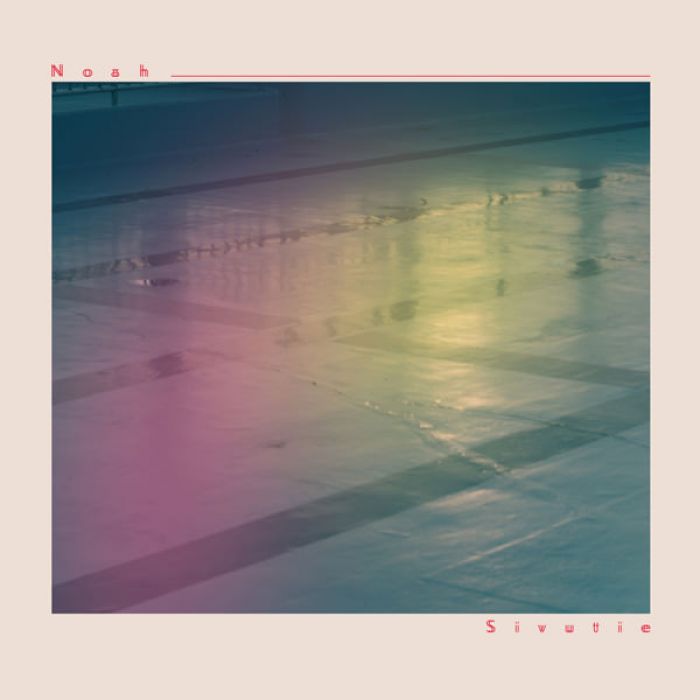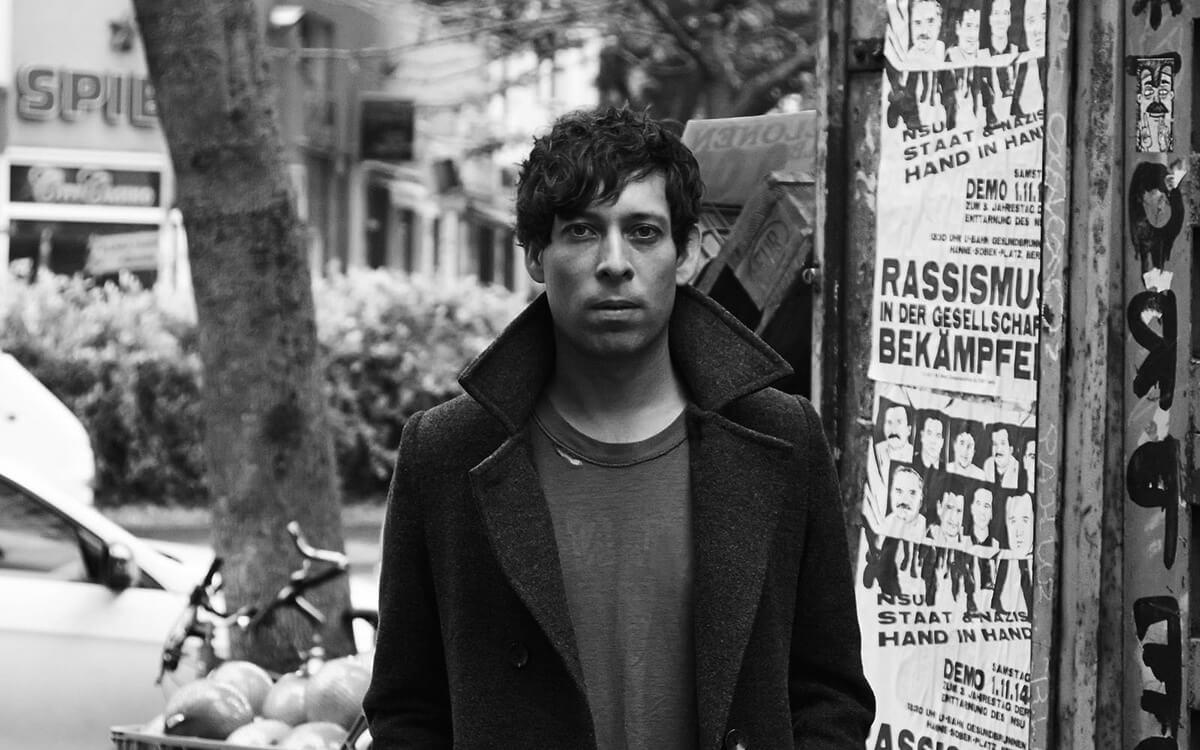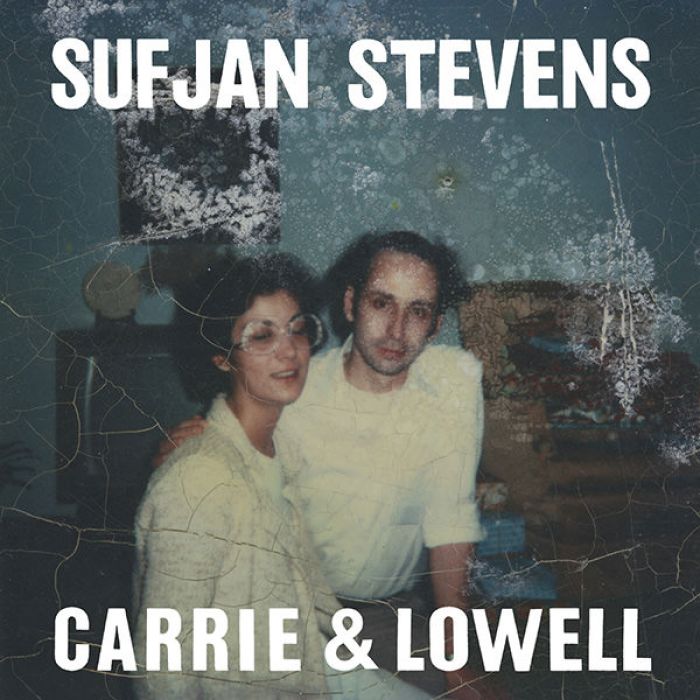My Favorite Songs of 2015, Part 4: Noah, Pure Bathing Culture, RAIJ, The Soft Moon, Sufjan Stevens & U.S. Girls

At the beginning of the year, I wrote that 2015 was going to be a great year for music, and I was not wrong. 2015 was blessed with so many great releases, including a couple of delightful surprises by artists that returned from self-imposed exile with their musical powers undimmed. More than any year in recent memory, 2015 felt like a reward for patience, as long-anticipated albums were finally released and proved well worth the wait.
Below is a list of my favorite songs from 2015. However, rather than try to rank them, I’m simply listing them in alphabetical order by artist.
“Unspoken” by Noah

Ayuko Kurasaki’s music — which she records under the “Noah” moniker — effortlessly draws from trip-hop, jazz, hip-hop, and ambient music. “Unspoken” is a prime example of this. Kurasaki’s layered vocals drift over a lovely late-night soundscape of muted beats and spectral synthesizers. The song has a somnambulistic feel to it, as if the mere act of listening to it means succumbing to a dreamstate conjured up by Kurasaki. But “Unspoken” is so beautiful and beguiling, I feel like I never want to wake up.
“The Tower” by Pure Bathing Culture

Pure Bathing Culture’s Pray for Rain was one of my most anticipated albums of 2015 but — how else to say it — I found it surprisingly underwhelming. Compared to 2013’s warm, expansive Moon Tides, Pray for Rain is thin and brittle; producer John Congleton chose to downplay Daniel Hindman’s lush, intricate guitarwork in favor of bouncy, ‘80s-inspired synths and beats. That being said, Pray for Rain does contain some bright spots, particularly its opening track. “The Tower” does the best job of continuing and updating the band’s sound post-Moon Tides. Hindman’s intricate guitar-playing dances along the song’s edges without ever seeming marginalized or downplayed while Sarah Versprille — who, to be fair, sounds great throughout the new album — delivers a soulful, poignant performance.
“The Bright Field” by Revolutionary Army Of The Infant Jesus

You might be tired of my talking about The Revolutionary Army of the Infant Jesus by now, but I still think it’s pretty remarkable that they’ve returned after two decades to release yet another stunning collection of music that draws from sacred, folk, industrial, and experimental music with equal aplomb. The aptly titled Beauty Will Save the World finds Paul Boyce, Jon Egan, Les Hampson, and various collaborators creating music that is truly otherworldly — that is, music that hints at a world beyond this one.
While the album features several epic tracks worth considering (e.g., “Song of the Soul,” “Before the Ending of the Day”), one of its shortest tracks, “The Bright Field,” offers the most succinct version of the Army’s epiphanic aesthetic. Building on a recording of poet and Anglican priest R.S. Thomas reciting the titular poem — itself based on Christ’s parable of the pearl of great price — the Army weaves a gorgeous tapestry of strings, woodwinds, and choral vocals. Though barely three minutes long, “The Bright Field” is a transcendent experience.

“Wrong” by The Soft Moon

There’s never really been anything subtle about The Soft Moon’s brand of cold, brittle post-punk, or about Luis Vasquez’s ruminations on loneliness and angst. But there is something refreshing about his bluntness. On “Wrong,” the desperation is palpable as Vasquez sings “I’m in control of my existence” only to be rebuffed by an ominous, mechanical voice who simply responds with “You’re wrong.” All that’s left is for Vasquez to sing “This pain I feel inside won’t die.” The droll response: “You’re right.” Yes, the lyrics get right to the point, but how often do you see existential angst laid out so plainly and clearly in today’s music climate? The music does nothing to offer comfort; as Vasquez’s synthesizers lash out with ripping sounds and skittering rhythms, you’ll want to remind yourself that you’re not actually having a breakdown.
“Fourth of July” by Sufjan Stevens

If you know anything about the album’s backstory — how it’s Sufjan’s attempt to come to terms with the life and death of his mother, who suffered from addictions and mental illness, and abandoned her family when Sufjan was a toddler — then you know that Carrie & Lowell is going to be a heartbreaking album. Even so, nothing really prepares you for “Fourth of July,” which finds Sufjan beside his mother’s hospital bed and engaged in one last conversation.
As Sufjan and his mother reminisce and trade apologies and affectionate nicknames, the song keeps coming back to a single assertion: “We’re all gonna die.” It’s the album’s lynchpin as well as 2015’s most devastating and emotional musical moment — and it’s made all the more so by Sufjan’s hushed vocals and subdued arrangements. Grief, loss, and existential dread have rarely been sung about so softly and gracefully, yet with such impact. (Read my full review of Carrie & Lowell.)
“Woman’s Work” by U.s. Girls

I’m still unsure how, when, and why I first listened to “Woman’s Work,” but from the very opening seconds — with those shuddering synths and Meghan Remy’s cyber-operatic vocals — the song held me absolutely transfixed. “Woman’s Work” was released by the venerable 4AD label, which has been long associated with beguiling female singers and songwriters (e.g., Cocteau Twins’ Elizabeth Fraser, Dead Can Dance’s Lisa Gerrard). Remy’s music may be more abrasive, challenging, and left-field than that earlier generation, but on songs like “Woman’s Work,” her music is no less fascinating.